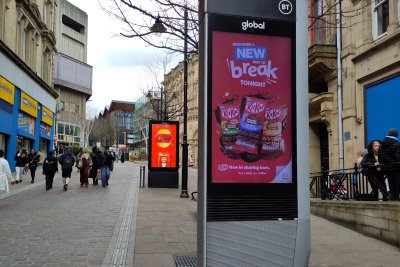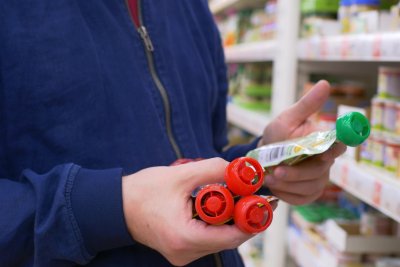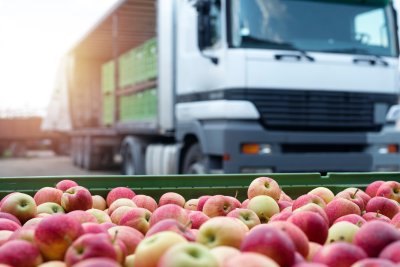The briefing paper, Energy Drinks: What’s the evidence?, is available to download on the Food Research Collaboration website.
Consumption among children globally is growing, with the 10-14 years old consumer group set to increase its numbers by 11 per cent over 2014-19. A survey involving 16 European countries including the UK shows that 68 per cent of adolescents (ages 11 to 18) and 18 per cent of children (age 10 and under) consume energy drinks, with 11 per cent of adolescents and 12 per cent of children drinking at least one litre in a single session.
European studies, quoted in the paper, link energy drink consumption to health complaints such as headaches, stomach aches and sleeping problems, while emergency department visits associated with energy drink consumption in the USA doubled between 2007 and 2011. Consumption of energy drinks is also associated with risky behaviours such as binge drinking and drug use, according to data cited in the paper.
The UK government has already announced a tax on sugary beverages as a step towards tackling childhood obesity, but energy drinks usually contain high amounts of both sugar and caffeine. As the report points out, more research is required on how these ingredients interact with each other and with other stimulants present in energy drinks, such as taurine and guarana.
A single can of popular brands on the market can contain around 160mg of caffeine, while the European Food Safety Authority recommends an intake of no more than 105mg caffeine per day for an average 11-year-old. The authors of the briefing paper propose legislation against the sale of energy drinks to under-16s and a ban on marketing targeted at children. Other potential steps include in-school interventions and the implementation of shared strategies on energy drinks and children by local and health authorities.
Other facts and figures from the report:
• Sales of energy drinks in the UK increased by 155% between 2006 and 2014, from 235 to 600 million litres
• Some brands on the market can contain 20 teaspoons of sugar per 500ml can
• Energy drinks account for 13% of caffeine exposure in adolescents and 43% in children
• 53% of adolescent energy drink consumers reported co-consumption with alcohol
• Adolescents in the UK consumed 3. 1 litres of energy drinks per month on average, compared to 2 litres/ per month for the other European countries surveyed in a cited EFSA study.
Energy Drinks: What’s the evidence? is available to download on the Food Research Collaboration website.
Media Coverage: The Guardian, Daily Mail
Children's Food Campaign: Campaigning for policy changes so that all children can easily eat sustainable and healthy food.







